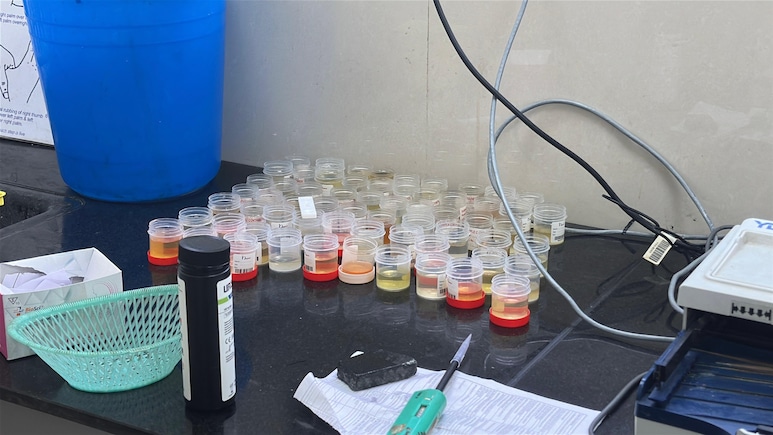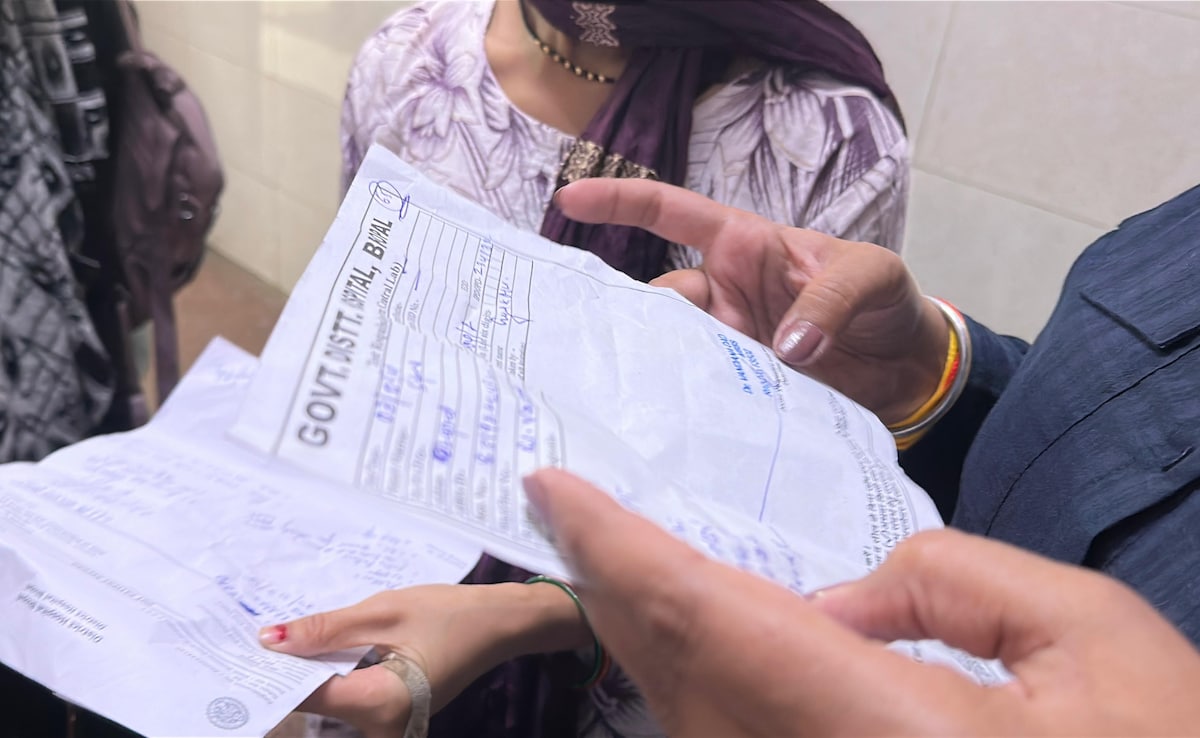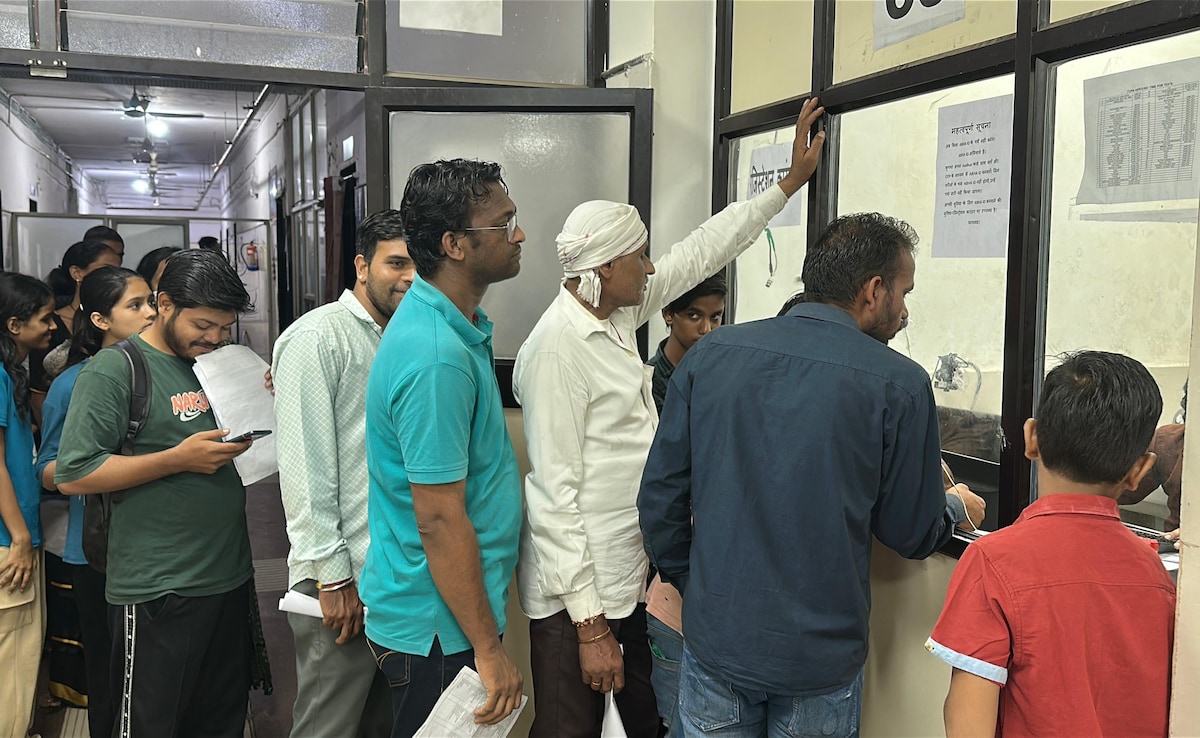
On a humid morning in Bhopal's JP District Hospital, a young mother named Sangeeta sat anxiously outside the pathology lab, clutching the frail hand of her six-year-old son. He had been running a high fever for days, and the doctor had ordered blood tests to rule out malaria. Hours later, the results came back, but they were confusing. The report said negative, yet the child's condition worsened until he was finally rushed to a private clinic. There, a second test confirmed what the government lab had missed: the boy was malaria positive. "We lost precious time," Sangeeta said bitterly. "The report from the government lab was wrong."
Sangeeta's story is not an exception but part of a pattern that has haunted patients across Madhya Pradesh for the past five years. Behind her ordeal lies a scandal that has quietly bled the state's health system of hundreds of crores of rupees. Eighty-five diagnostic laboratories in government hospitals, none of them accredited by the National Accreditation Board for Testing and Calibration Laboratories (NABL), billed the government as if they were. Patients paid with their health, doctors were left with unreliable data, and taxpayers unknowingly funded a fraud dressed up as reform.
In late 2019, the state government announced with great fanfare that it would modernise these labs through a private consortium, Science House Medicos and POCT Services. The promise was bold: faster reports, modern equipment, and improved healthcare delivery. Instead, what followed was one of the most audacious betrayals of public trust in recent memory.
From the very start, the tender process was rigged. The rules required US FDA-approved machines and reagents, but those were never used. When only one bidder qualified, the law mandated that the process be scrapped and reissued, yet it was not. Science House's promoter had already served time in jail for corruption. POCT had been blacklisted in multiple states. Still, Madhya Pradesh handed them the contract to run the state's diagnostic lifeline, while a valid bidder was quietly pushed aside without even opening its financial proposal.

The central deceit lay in billing. NABL accreditation was supposed to be the gold standard, ensuring that every test result could be trusted. Not one of the 85 labs had this certification when the contract began, yet billing was pegged to the inflated Central Government Health Scheme (CGHS) NABL rates, which are about 25 per cent higher than normal. The consortium claimed to offer a 31 per cent discount on those rates, but in practice, payments were made as though the labs were accredited. Over five years, this sleight of hand ballooned into a scam estimated between Rs 500 and Rs 700 crore, with at least Rs 300 crore in outright overbilling.
The consequences were not just financial. Doctors in government hospitals quietly admit they cannot always trust the reports these labs produce. Ankit Tomar, the lab in charge at JP hospital, dodged questions on billing and equipment, saying, "We are employees, we cannot do all this." His nervousness reflected a deeper truth: the labs knew their house was built on deception. Private pathology experts say results frequently don't match. Rohit Shukla, who runs Shagun Pathology in Bhopal, put it bluntly: "Doctors cannot rely on government hospital reports. Some results don't match at all, but doctors are bound to treat based on them. Patients are the ones who lose."
Even as patients suffered, the companies involved boasted of conducting 40,000 tests daily for 8,000 to 10,000 patients and claimed investments of Rs 60 to Rs 70 crore. The truth is that their profits came not from scale or investment but from charging top rates for substandard, uncertified services. By charging NABL rates in non-accredited labs, they multiplied profits while offering substandard quality. Only in the past year have a handful of labs even applied for NABL certification. For five years, patients were billed for a quality that did not exist.

The silence of watchdogs is equally damning. The Economic Offences Wing had already filed a case against Science House for inflating the prices of low-cost equipment. In Bihar, the same companies offered services at rates 70 per cent lower with brand-new machines. In Madhya Pradesh, outdated equipment was used, and inflated bills continued unchecked. Health Minister Rajendra Shukla avoided NDTV for days before finally offering only a vague assurance: "I will gather information and talk to you." The officials from the ministry refused to respond altogether.
Finally, a senior official in the health ministry agreed to speak, but only on condition of anonymity. He explained that the tender itself, floated in 2020, had fixed the base rate at CGHS-NABL. "Whoever comes L-1 above that got the discount. The criteria have not changed in five years. Payments are being made on the rate fixed in 2020," he said. On the glaring question of accreditation, he insisted it was not true that none of the labs were certified, claiming that there are 36 NABL-certified labs in the state, though he admitted the process takes three to five years for accreditation. Still, the larger question remains unanswered: when the tender was first awarded in 2020, not even a single lab had accreditation. So, how did billing at NABL rates begin immediately? On the matter of FDA-approved reagents, the official said no complaints had been received from Chief Medical and Health Officers, who are supposed to oversee labs. "If you have anything like this, then send it to me, and I will get it checked," he said. He further distanced himself from the tender process by claiming the file was managed by the corporation and he had never seen it.
What emerges is a picture of structural deceit, institutional silence, and systemic betrayal. The Madhya Pradesh health department was supposed to heal, but instead it became a machine that monetised sickness. Patients like Sangeeta and her son paid the price in delayed treatment. Doctors were left with unreliable reports. Taxpayers funded a scheme that lined the pockets of tainted companies. Until those responsible are held accountable, this story will remain not just one of corruption, but of cruelty, a reminder of how easily trust in public healthcare can be shattered when accountability is abandoned.
Track Latest News Live on NDTV.com and get news updates from India and around the world

